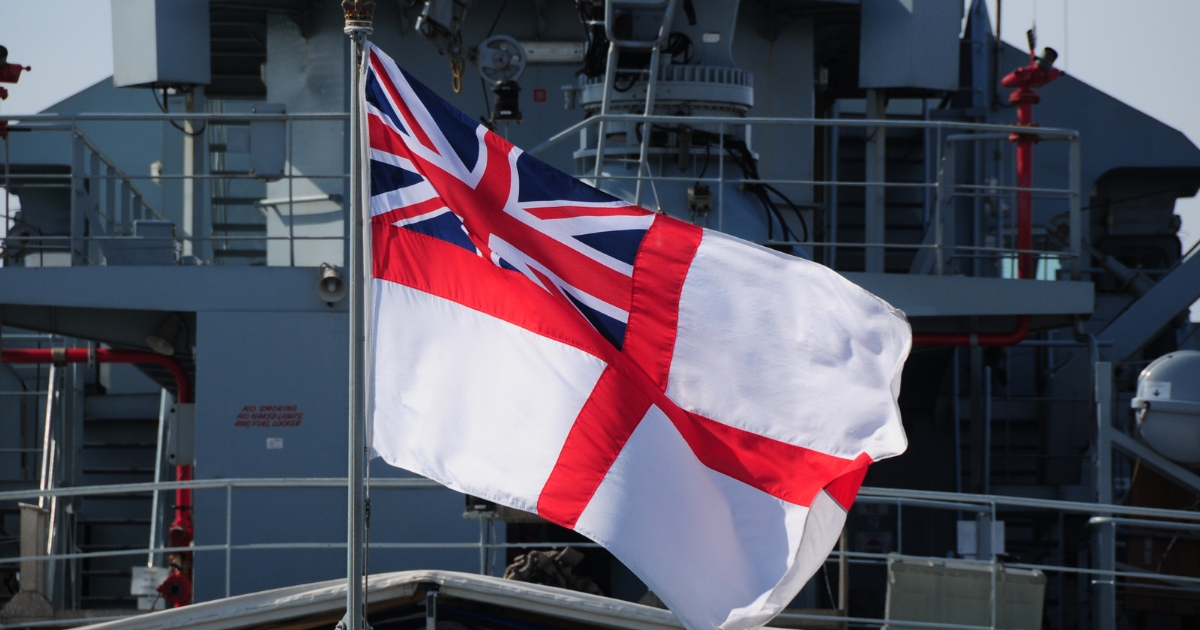Thousands of jobs and apprenticeships are being supported through warship building, as a major milestone was reached today in the production of the Navy’s future high-tech frigates.
Steel was cut on HMS Formidable, the third of the Royal Navy’s new Type 31 warships, at a ceremony in the Rosyth shipyard, reinforcing the Ministry of Defence’s commitment to shipbuilding in Scotland.
All five frigates will be built in Rosyth, sustaining over 2,500 jobs in Scotland and across the wider supply chain. The work will also create an additional 400 apprenticeship roles, driving economic growth.
The five Type 31 frigates will support future maritime operations, including interception and disruption of those using the sea for unlawful purposes, intelligence gathering, defence engagement and humanitarian support. They will also be able to shoot down missiles and enemy air targets using a Sea Ceptor missile system, keeping Britain secure at home and strong abroad.
Attending the ceremony, Minister for the Armed Forces Luke Pollard said:
“This government is committed to making Britain secure at home and strong abroad. These frigates will be at the heart of the Royal Navy fleet, deterring aggression and supporting our military.
“This significant milestone is backing the government’s mission to grow the economy by supporting thousands of jobs in Scotland and across the UK.”
The programme is also a key element in the Royal Navy’s production line, sustaining and developing the British shipbuilding industry.
The Babcock-built Type 31 fleet will be highly adaptable and capable of rapid deployment, equipped with advanced radar, communication systems, and a variety of armaments.
In a testament to the UK defence industry, Poland has selected Babcock’s Arrowhead 140 ship design – based on the Type 31 frigates – to equip its Navy with a new class of frigates. In a further export boost, the design has been sold to Indonesia for their own frigate production.
Royal Navy’s Senior Responsible Owner for the Type 31 programme, Commodore Stephen Roberts, said:
“This is a momentous occasion for all involved and we are proud to have marked this significant milestone in this way. When complete, this remarkable fleet of general-purpose frigates will deliver an impressive capability for Royal Navy and play a huge role in the continued security and prosperity of our nation.”
The ships will have a top speed of over 26 knots – equivalent to nearly 50 kilometres an hour – and accommodate a crew of around 100 personnel. They will replace the five Type 23 general purpose frigates. Type 23 frigates have carried out a wide variety of operations, from securing the UK’s vital maritime trade routes East of the Suez Canal to safeguarding British interests in the South Atlantic.

